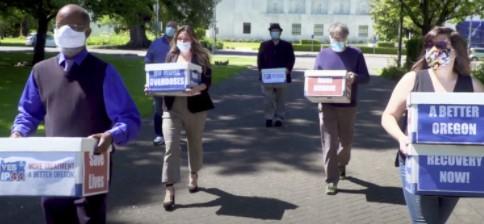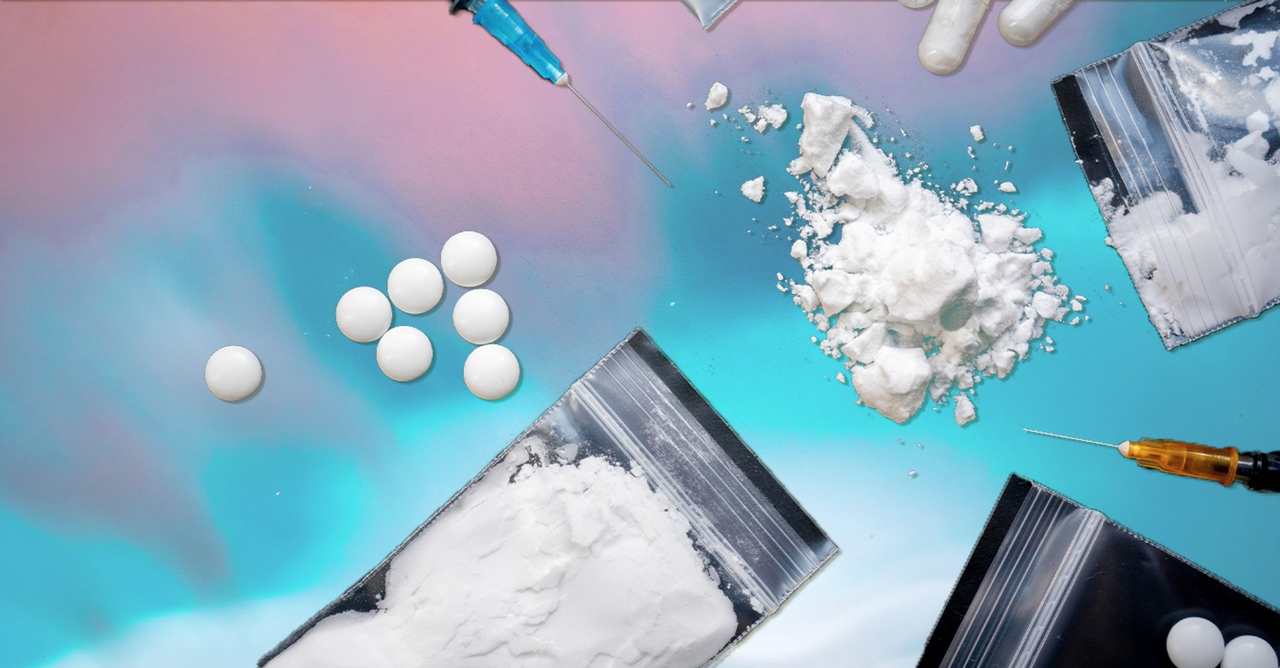Oregon Becomes First State To Decriminalize Cocaine, Heroin, & Meth; Legalizes Shrooms
Tyler Durden
Wed, 11/04/2020 – 19:00
While the results of the Presidential race drag on, one ballot initiative on election day has been made crystal clear: Oregon has become the first state to decriminalize small amounts of hard drugs, including cocaine, heroin and meth.
The “Drug Addiction Treatment and Recovery Act” seeks to decriminalize drug usage and instead focus on a health care approach. The bill reads:
“People suffering from addiction are more effectively treated with health care services than with criminal punishments. A health care approach includes a health assessment to figure out the needs of people who are suffering from addiction, and it includes connecting them to the services they need.”
The ballot measure passed 59% to 41% on election day, according to Fox News.
Those who are caught with hard drugs would now have the option of paying a $100 fine or attending new addiction recovery centers, paid for with taxes from retail marijuana sales.
“It’s going to be huge,” Haven Wheelock, a drug counselor for Portland nonprofit Outside In, told VICE.
“It’s going to allow people to get the services they need without fear of arrest. It’s going to change how people who don’t use drugs think about drug use. It’s going to allow us to move into a health-based system and hopefully be a model for other places. We have an opportunity to show the rest of the country this is how it should be.”
Under the new measure, possession of less than 1 gram of heroin or meth, 2 grams of cocaine, 12 grams of psilocybin, 40 doses of LSD, oxycodone or methadone and 1 gram of MDMA is decriminalized.
Countries like Portugal, the Netherlands and Switzerland have already implemented similar measures. In Portugal, the change saw “no surge” in new drug use. In fact, drug deaths fell while the number of people in the country treated for addiction rose 20% between 2001 and 2008. Then, the number stabilized.
The U.N. Chief Executives Board for Coordination announced in 2019 that it would also “promote alternatives to conviction and punishment in appropriate cases, including the decriminalization of drug possession for personal use” in order to “address prison overcrowding and overincarceration by people accused of drug crimes.”
The new proposed measure in Oregon had the backing of “the Oregon Nurses Association, the Oregon chapter of the American College of Physicians and the Oregon Academy of Family Physicians,” according to ABC.
The groups contend that: “Punishing people for drug use and addiction is costly and hasn’t worked. More drug treatment, not punishment, is a better approach.”
Arguing against the initiative were 24 district attorneys, who claimed the measure “recklessly decriminalizes possession of the most dangerous types of drugs (and) will lead to an increase in acceptability of dangerous drugs.”
Multnomah County District Attorney Mike Schmidt argued last week in support of the bill, saying: “Misguided drug laws have created deep disparities in the justice system. Arresting people with addictions is a cruel punishment because it slaps them with a lifelong criminal record that can ruin lives.”
Jimmy Jones, executive director of Mid-Willamette Valley Community Action, a group that helps the homeless, concluded:
“Every time that this happens, not only does that individual enter the criminal justice system but it makes it very difficult for us, on the back end, to house any of these folks because a lot of landlords won’t touch people with recent criminal history.”
Additionally, voters also made history by legalizing psilocybin or “magic” mushrooms by approving Measure 109 – the Psilocybin Mushroom Services Program Initiative – by 55.88 percent.
Under the measure, the state will become the first in the country legalize the use of the psychedelic fungus in controlled doses within the framework of a regulated system overseen by licensed clinicians and therapists.
via ZeroHedge News https://ift.tt/3kYWTXf Tyler Durden



